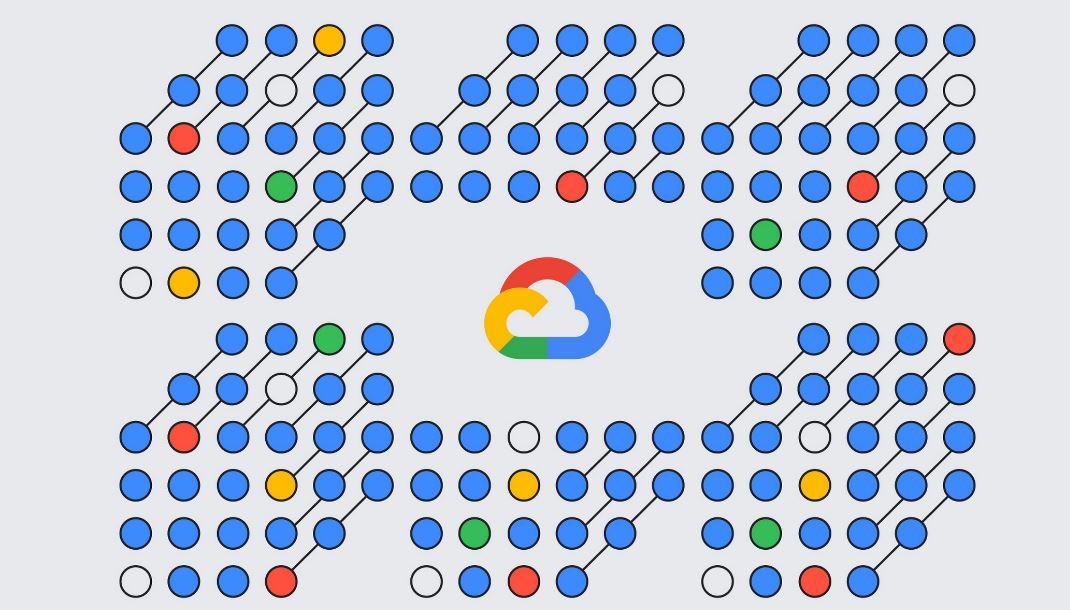Cloud KMS is a managed service for creating, managing, and protecting cryptographic keys used to encrypt your data. By integrating Cloud KMS with IAM, you can enforce access control policies for key management operations, ensuring that only authorized users and applications can manage and use cryptographic keys.
Cloud Key Management Service (KMS) in Google Cloud Platform (GCP) is a managed service for creating, managing, and using cryptographic keys to secure your data. This comprehensive overview will cover the definition, how to use, commands (if applicable), use cases, examples, costs, and pros and cons of Cloud KMS in GCP.
Definition:
Cloud KMS is a fully managed service that allows you to generate, protect, and manage cryptographic keys for your applications and services running on GCP. It supports symmetric and asymmetric key encryption, as well as cryptographic signing and verification operations. Cloud KMS integrates with other GCP services, providing an additional layer of security for data stored in Google Cloud Storage, BigQuery, and other services.
How to use:
1. Enable Cloud KMS API: Enable the Cloud KMS API for your GCP project.
2. Create a key ring: In the Google Cloud Console, navigate to the Cloud KMS page and create a new key ring. Key rings are used to organize and manage your cryptographic keys.
3. Create a cryptographic key: Within the key ring, create a new cryptographic key, specifying the key type (symmetric or asymmetric), the purpose (encryption, decryption, signing, or verification), and the protection level (software or hardware).
4. Configure IAM permissions: Use Google Cloud’s IAM to grant appropriate permissions to users, service accounts, and applications that need to use the cryptographic keys managed by Cloud KMS.
5. Use the key in your application or service: Integrate the cryptographic key into your application or service by using the Cloud KMS API, client libraries, or the `gcloud` CLI.
Commands:
You can manage Cloud KMS using the `gcloud` CLI:
– To create a key ring: `gcloud kms keyrings create KEY_RING_NAME –location LOCATION`
– To create a symmetric key: `gcloud kms keys create KEY_NAME –location LOCATION –keyring KEY_RING_NAME –purpose encryption`
– To create an asymmetric key: `gcloud kms keys create KEY_NAME –location LOCATION –keyring KEY_RING_NAME –purpose “asymmetric-encryption” –default-algorithm “rsa-decrypt-oaep-2048-sha256″`
Use cases:
– Protecting sensitive data stored in Google Cloud Storage, BigQuery, and other GCP services
– Encrypting data at rest in databases and storage systems
– Signing and verifying data to ensure its authenticity and integrity
Examples:
1. A healthcare organization can use Cloud KMS to encrypt patient records stored in Google Cloud Storage, ensuring that the data is protected from unauthorized access.
2. A financial institution can leverage Cloud KMS to sign and verify transactions, ensuring their authenticity and preventing fraud.




